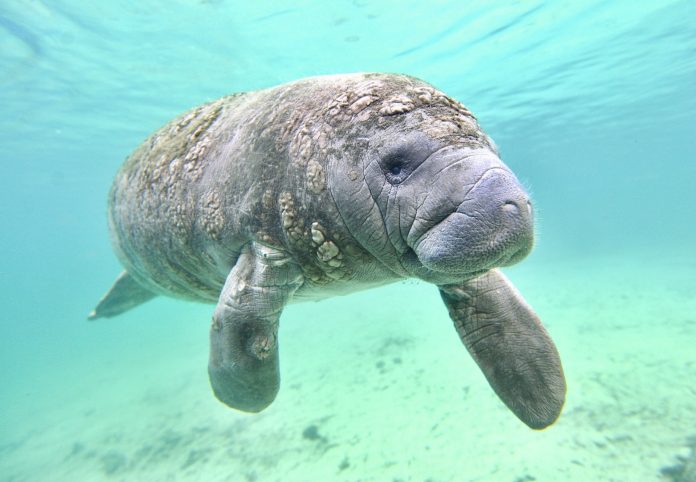You can help all animals and our planet by choosing compassion on your plate and in your glass. #GoVeg
RELATED ARTICLES
Banning Cruelty: New Legislation Aims To Ban Octopus Farming In The U.S.
New bipartisan legislation has just been introduced in the U.S. to ban commercial octopus farming and prohibit imports of farmed octopus from foreign countries.
The...
Outrage In Yellowstone! Grizzly Bear Killed By Wildlife Officials & Left With Head & Paws Cut Off
Photo by: Trisha McFarland / Cowboy State Daily
A photo of a dead grizzly bear with its head and paws cut off has caused an...
Inside Florida’s Illegal Horse Meat Trade: Undercover Footage Shows Racehorse Being Shot & Butchered
A heart-wrenching discovery of illegal horse slaughter has emerged, with video footage exposing the tragic killing of a racehorse named 'Funny Biz,' who was...
Popular stories
News
Endangered Species Act Protection Sought For Hippos After Multiple Undercover Investigations Show A Thriving Market For Hippo Parts In The U.S.
Photos Credit: Humane Society of the United States
Yesterday, wildlife protection groups petitioned the U.S. Fish and Wildlife Service to protect hippos under the Endangered Species...
News
WAN Exclusive With Wildlife Care Of Southern California After Another Bobcat Dies Of Rodenticide Poisoning, More Reasons Why You Should Never Use Rat Poison
Photos from: Wildlife Care of Southern California
Many threats are currently facing wildlife throughout the U.S. including the devastating wildfires currently burning in California, Oregon,...
News
Judge Decides To Cancel Wisconsin’s November Wolf Hunt, Temporarily Sparing The Lives Of Hundreds Of Wolves
In the biggest news so far this year for wolf protection in the United States, a court in Wisconsin issued an injunction last week...



